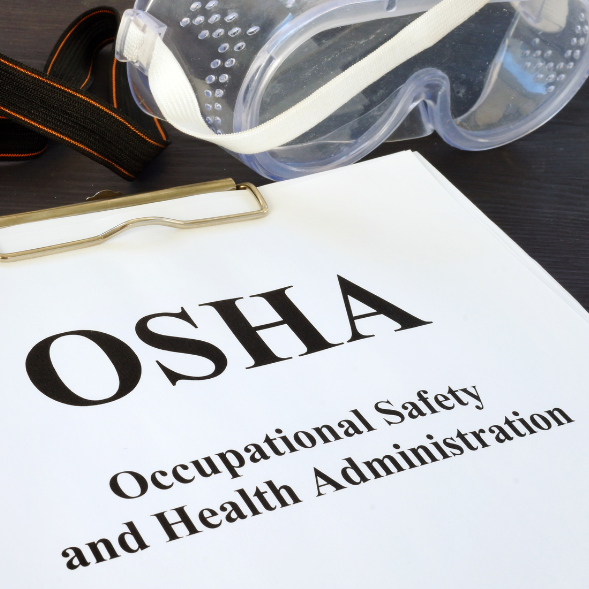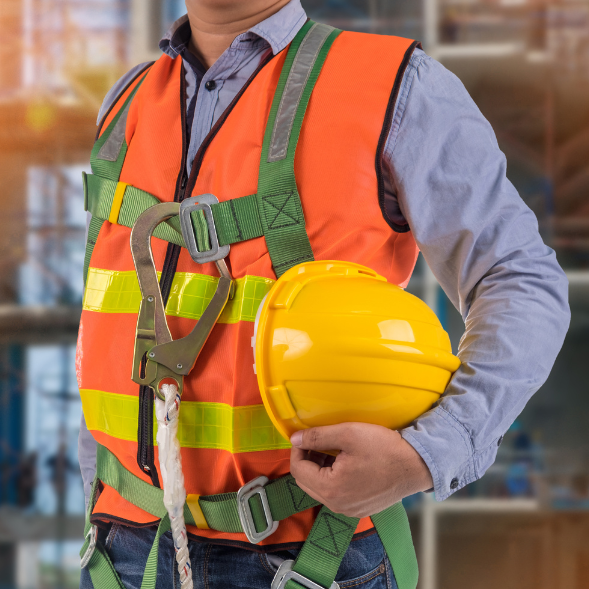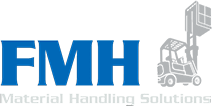
Forklift Operator Training – Make a Difference In Workplace Safety
Make safety your top priority. Have your operators and trainers work with our preferred training partner, Forklift Training Systems, for OSHA-compliant training.
Forklift Training Systems
For more than 25 years, Forklift Training Systems has been a national provider of industry-leading and OSHA-compliant safety training for operators and trainers of powered industrial trucks, mobile elevating work platforms, and yard trucks/spotters.
Experienced class instructors provide a combination of hands-on learning and classroom education at their training facilities, remotely via Zoom/Microsoft Teams, or at customer locations.
Learn About Forklift Training Systems
Advantages of Training with Forklift Training Systems
- OSHA-Compliant Training
- Virtual & In-Person Training Options
- Experienced Instructors
- Post-Training Support & Documentation
- Safety & Compliance Audits
Testimonial
“Our instructor was very knowledgeable and kept our attention with different scenarios of accidents/injuries and how they could have been avoided. The Forklift Training Systems team was very patient and professional in working with us and our difficult schedule. When we finally got something set up for training, they were on time and presented the course very well. I look forward to working with this company in the future.” – Jake S.
Available Training Classes

Forklift Operator Training
This 5–8-hour class can help ensure operators meet the OSHA 29 CFR 1910.178 standard. Throughout the class, instructors cover forklift fundamentals, operator skills and responsibilities, pedestrian safety, hazard recognition, legal liability, and more. Operators learn through classroom instruction, written testing, and hands-on evaluations that must be completed on customer’s forklifts at their facility per OSHA requirements.Register for Training
Mobile Elevating Work Platform Operator (MEWP) Training
This 5–8-hour class can help ensure that operators meet both ANSI and OSHA training requirements. Other areas of training include operator skills and responsibilities, MEWP fundamentals, review of components and controls, proper operation, and inspection requirements. Operators learn through classroom instruction, written testing, and hands-on evaluations that must be completed on customer’s equipment at their facility per OSHA requirements.
Register for Training
Forklift Train the Trainer
This 2-day class is for safety professionals, supervisors, or anyone who trains forklift operators. It covers the required training elements as part of OSHA 29 CFR 1910.178 standard, which requires trainers to have the knowledge, training, and experience to train operators and evaluate their competency. Trainers will learn how to conduct required training, identify core characteristics of a successful training class, evaluate performance in the workplace, and emphasize changing operator behavior.Register for Training
Mobile Elevating Work Platform Train the Trainer
This 1-day class is for safety professionals, supervisors, and anyone who trains MEWP operators. It covers the required training elements for trainers as part of OSHA and ANSI standards, which requires trainers to have the knowledge, training, and experience to train operators and evaluate their competency. Trainers will learn how to conduct required training, identify core characteristics of a successful training class, evaluate performance in the workplace, and emphasize changing operator behavior.Register for Traning

OSHA 10 & 30 Outreach (General Industry)
This 1.5-day or 4-day class was developed by OSHA to provide important safety information on fundamental OSHA standards and taught by an OSHA Authorized General Industry trainer. Every worker, regardless of experience, can benefit from this basic safety class. This class will be held at customer locations only. Custom group classes available upon request.Learn More

Other Training Classes
- Mobile Cranes (General Industry)
- Fixed Overhead Cranes and Rigging (Remote/ Pendant Controlled)
- Fixed Overhead Cranes and Rigging (Cab Mounted Cranes)
- Hazard Communication
- Lockout/Tag out (LOTO)
- Fall Protection
- Machine Guarding
- Ladders and Stairways
- Confined Space Entry
- Supervisor Liability
Why Training Matters
- Meets OSHA Requirements. Avoid fines by complying with The Occupational Safety and Health Administration (OSHA) Section 1910.178.
- Reduces accidents. Proper training can help reduce costly and sometimes fatal accidents.
- Change Behavior. Focusing on changing behaviors can improve your operation, motivate your team, and enforce safety.
